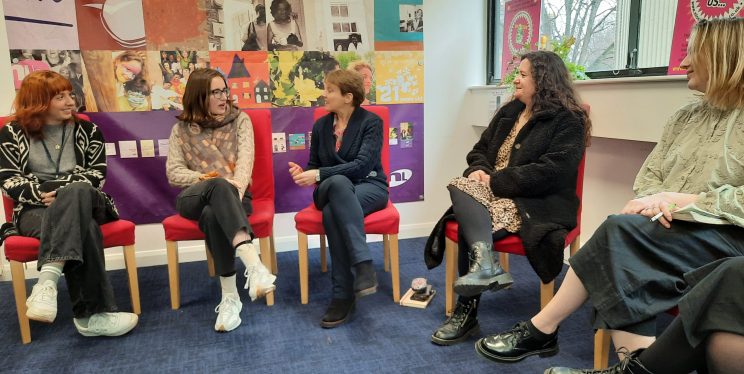Commissioning quality services for you

As Police and Crime Commissioner, it will be no surprise that commissioning is a part of my role. In simple terms, this means deciding how money from the government is used to provide services that support victims of crime and fund activities that help to reduce and prevent crime.
Commissioning isn’t just about spending money, it’s a process. It involves understanding what is needed, planning services to meet those needs, and ensuring the services deliver the right outcomes. Here’s how it works:
- Assessing needs
The process starts with looking at data: local crime statistics, health reports, and national research. But data alone isn’t enough. My team and I talk to partners like the police, councils, and organisations working in our communities. We also listen to the people who use these services. What do they want? What works for them?
- Setting priorities
With the needs identified, my team looks for where we can make the most impact. This highlights the best areas to focus on, such as reducing violent crime, supporting victims of domestic abuse, or preventing antisocial behaviour.
- Planning services
Once priorities are set, providers, such as charities, social enterprises, or private companies, apply for funding by showing how their work will meet those needs. Think of it like a job application where they demonstrate their experience and their plan to deliver.
- Procuring services
Providers then compete for contracts or grants. We choose those that offer the best value for money and the highest quality service.
- Monitoring quality
Finally, we don’t just hand over the money and walk away. We require regular reports from funded services, showing how many people they’ve helped and the outcomes they’ve achieved. This ensures we’re making a real difference.
What does this look like in practice?
It ranges from large-scale funding for specialised services to smaller grants for community-led projects. Recently, my office completed a major commissioning process, investing in services that offer crucial support to victims of crime through seven-year contracts worth over £2 million. These include practical and emotional support services for adults as well as specialist support for children affected by crime.
At the other end of the scale, I’ve also been able to award smaller grants of up to £10,000 to grassroots groups making a difference in their communities. For example, projects funded through our Crime Prevention Fund include bystander training to prevent sexual violence, fraud awareness workshops for older people, and activities that divert young people away from crime and antisocial behaviour.
By investing in this range of services, both big and small, I want to ensure that help is available to those who need it most while supporting the incredible work happening in local communities across Avon and Somerset.
You can find out more about the services I fund along with our commissioning strategy on my website: Services We Fund – OPCC for Avon and Somerset
